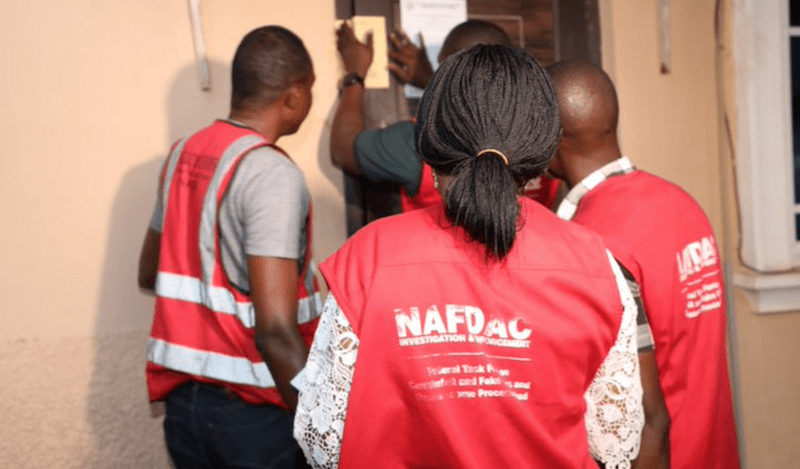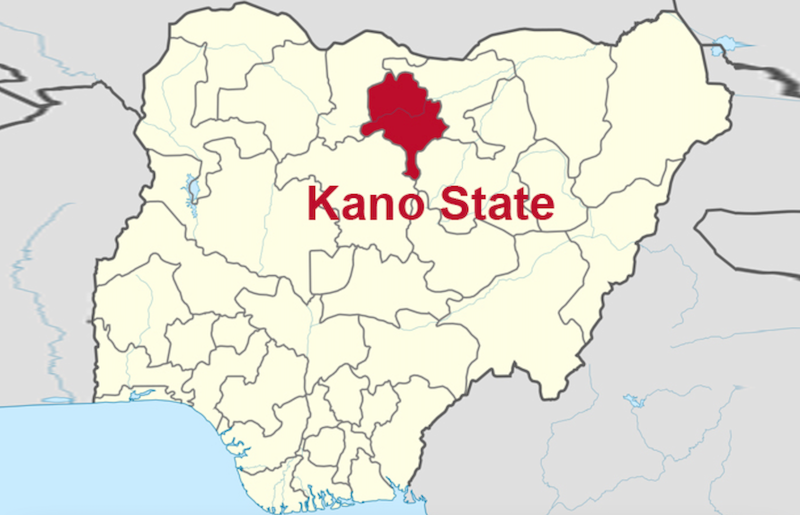The National Agency for Food and Drug Administration and Control (NAFDAC) has issued a recall notice for Embacef 125 Powder for Oral Suspension following safety concerns.
The recall affects products manufactured by Laborate Pharmaceutical India and registered in Nigeria by Embassy Pharmaceutical and Chemicals Ltd, Lagos.
In a public alert (No. 029/2025) posted on its website on Sunday, NAFDAC disclosed that the recall was triggered by a complaint received at its Ekiti State office.
The agency said the complaint revealed that two bottles of the reconstituted suspension had solidified by the second day of use.
NAFDAC’s investigation confirmed the product’s substandard quality and potential safety risks.
“As a precautionary measure, the agency has directed a recall of the affected batch and any other batches exhibiting similar issues.”
The agency stated that the recalled product, Embacef 125, contained Cefuroxime Axetil, an antibiotic used to treat various bacterial infections, including bronchitis, gonorrhoea, Lyme disease, and infections of the skin, ears, sinuses, throat, tonsils, and urinary tract.
It said the specific product details are: Manufacturing date: February 2025, expiry date: January 2027, batch Number: PEDSE001, NAFDAC Registration Number (NRN): A4-9040
NAFDAC warned that the use of substandard antibiotics could worsen health conditions, lead to treatment failure, and contribute to the rise of antibiotic-resistant bacteria.
It had directed all zonal directors and state coordinators to intensify surveillance and remove the affected product from circulation.
The agency urged all importers, distributors, retailers, healthcare professionals, and patients to be vigilant and ensure that medicines were sourced only from authorised and licensed suppliers.
“Product authenticity and physical condition should be carefully checked.
“Healthcare professionals and consumers are encouraged to report any suspected substandard or falsified medicines to the nearest NAFDAC office, call 0800-162-3322, or email sf.alert@nafdac.gov.ng.
“Reports of adverse events or side effects related to the use of this product can also be submitted through the Med-Safety App (available on Android and iOS), NAFDAC’s e-reporting platforms at www.nafdac.gov.ng, or via email at pharmacovigilance@nafdac.gov.ng.”
NAFDAC added that the notification would be uploaded to the World Health Organisation’s Global Surveillance and Monitoring System (GSMS) to support international tracking and intervention.





